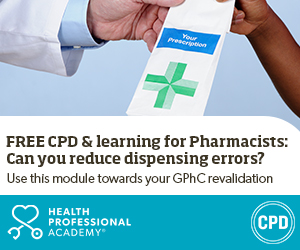More than half of the patients who were given a weekly dose of the medicine were cured at day 14
The Medicines and Healthcare products Regulatory Agency (MHRA) on Monday (29 January 2024) approved the medicine Rezzayo (rezafungin) to treat invasive candidiasis, an infection caused by a yeast called Candida.
Invasive candidiasis can pose a serious health risk as it can affect the blood, heart, brain, eyes, bones and other parts of the body.
Napp Pharmaceuticals Ltd was granted the marketing authorisation for the medicine based on phase 3 clinical trial data.
In the randomised, double-blind, controlled study, more than half of the invasive candidiasis patients who were given a weekly dose of rezafungin were cured at day 14.
Among 94 patients who were given a daily dose of caspofungin (another antifungal treatment), 57 of them were cured during the same time.
Julian Beach, MHRA Interim Executive Director, Healthcare Quality and Access, assured that the appropriate regulatory standards for the approval of this medicine have been met.
“As with all products, we will keep its safety under close review,” she said.
How the medicine works
It is administered once a week by a drip into the vein until at least 14 days after the last day Candida is found in the bloodstream, according to the regulator.
Rezafungin, the active ingredient in Rezzayo, can block the action of an enzyme, which fungal cells use to make a molecule that helps strengthen their cell walls.
This way the fungal cells become fragile and stop growing and spreading, allowing the body’s natural defences to clear the infection.
The MHRA cautioned that some patients taking the medicine (more than 1 in 10 people) may experience low blood potassium levels (hypokalaemia), diarrhoea and fever.
Patients are encouraged to talk to their doctor, pharmacist or nurse if they suspects they are having a side effect from this medicine, or report it directly to the MHRA’s Yellow Card scheme.







